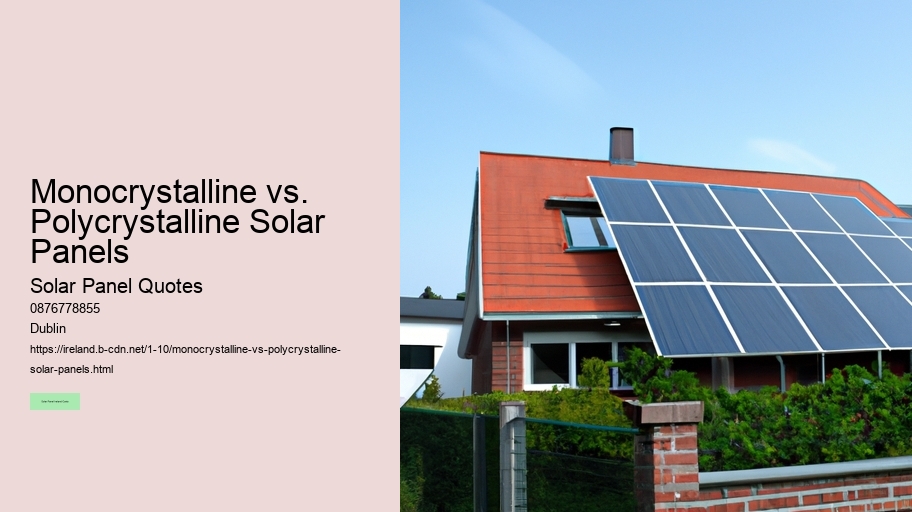

As energy prices continue to rise and climate concerns grow, solar panels provide a forward-thinking solution to power your home efficiently and sustainably. electric heating The payback period for solar panels in Ireland is typically between five and seven years.
Solar water heating systems, for instance, use thermal solar collectors to heat water, reducing the reliance on electric heating or gas boilers. Questions: checkout solar panel Ireland cost for Solar Panel Quotes.
The environmental benefits of solar energy extend beyond reducing electricity bills.
Solar panels offer a practical and environmentally friendly way to lower electricity bills, reduce dependence on fossil fuels, and contribute to sustainable energy practices.
Excess energy can be stored in batteries or exported back to the grid, creating additional savings or income through feed-in tariffs. When discussing solar panel installation in Ireland, the cost is often a primary consideration. Understanding the various factors that influence costs, available financial supports, and the long-term savings helps homeowners make informed decisions. For homeowners and businesses in Ireland, solar panels provide an effective way to achieve energy independence, lower costs, and contribute to a more sustainable planet.
During this time, the cost of installation is recovered through savings on electricity bills and potential earnings from selling excess energy back to the grid. Regular cleaning to remove dirt and debris ensures optimal performance, while modern systems are designed to last for 20 to 25 years or more. Thin-film solar cells, though less commonly used, are an option for unique installations or areas with lower sunlight exposure.
Beyond the financial savings, you contribute to a cleaner, more sustainable future by reducing greenhouse gas emissions and supporting renewable energy development. The cost of installing solar panels in Ireland typically ranges between €6,000 and €18,000. This aligns with global efforts to combat climate change and promote sustainable living.
While the initial investment may seem substantial, the long-term savings and benefits make it a cost-effective choice.

Selecting the right type of solar panels depends on individual needs and site conditions.
Moreover, energy storage systems mitigate fluctuations by storing surplus power for later use. They also provide warranties and long-term support, ensuring the system meets your energy needs for years to come. Modern panels, including those made from monocrystalline and polycrystalline silicon, efficiently convert available sunlight into electricity, even in overcast conditions. By adopting this renewable energy source, you take a step toward reducing costs, enhancing sustainability, and contributing to a global shift toward efficient energy use.
Energy storage is another important consideration when evaluating solar panel costs. This process, supported by feed-in tariffs, enhances the overall sustainability of the country's power system. Before committing to a solar panel installation, it's essential to get a quote from a trusted provider.
Additionally, solar panels can fulfill up to 70% of a household's electricity and water heating needs, further enhancing their cost-effectiveness. Additionally, advancements in grid energy storage mean that solar systems can integrate with the national grid more effectively, further stabilizing the energy supply. A photovoltaic system provides multiple benefits beyond electricity generation.
Beyond immediate financial benefits, solar panels add value to properties. Solar panels also integrate seamlessly with other energy-efficient technologies. Solar panels are designed for durability, with most manufacturers offering warranties of 20 to 25 years.
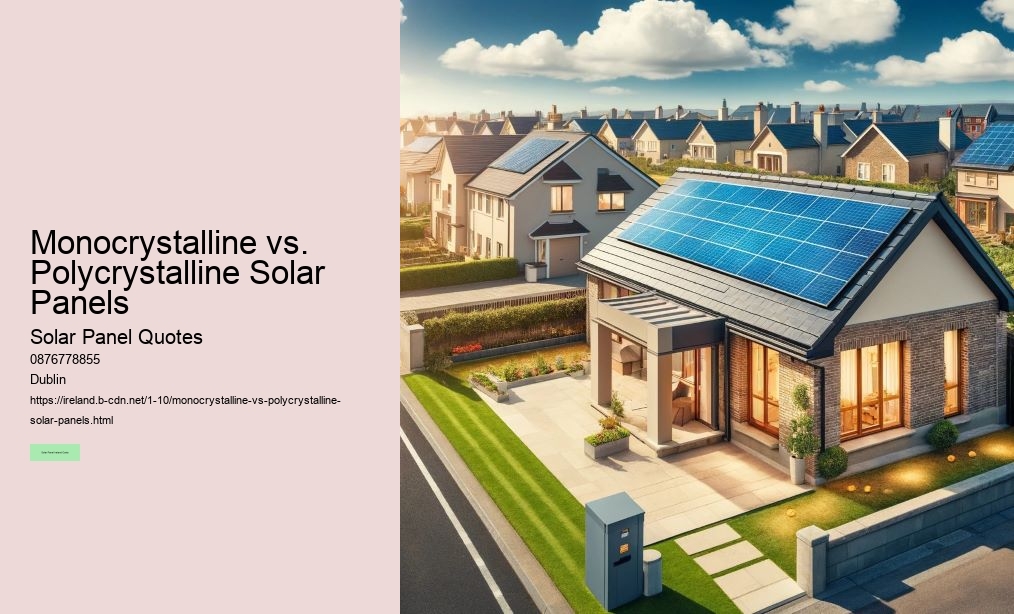
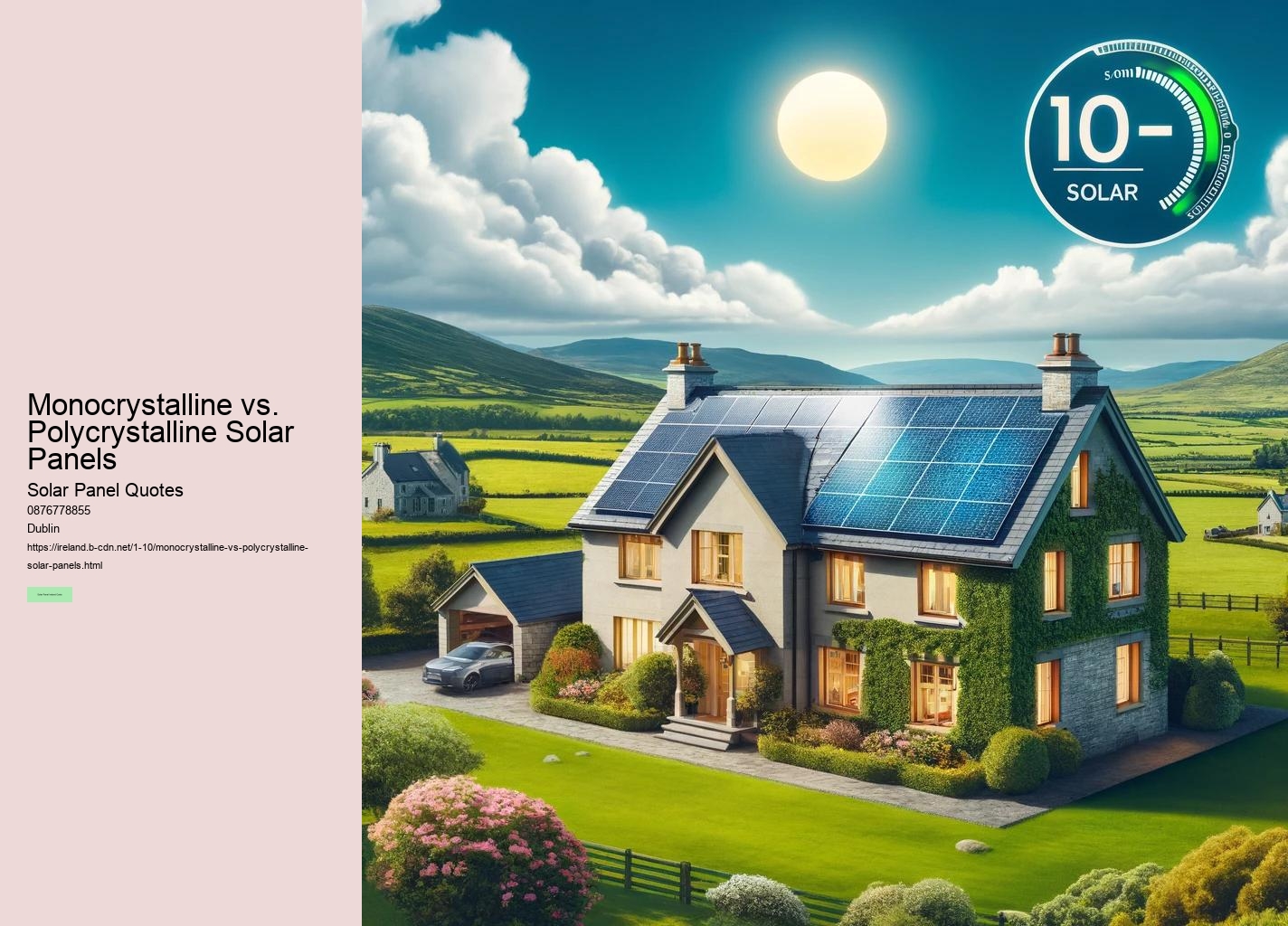
For instance, they can support water heating systems, reducing reliance on traditional electric heating or gas boilers.
This combination can help meet both electricity and hot water heating needs. The installation cost depends on various elements, including the number of panels required to meet your household's energy consumption, the type of solar panels used, and optional features like energy storage.
Financial support is available through the Sustainable Energy Authority of Ireland (SEAI), offering grants of up to €2,400 for solar panel installations.
Energy storage is an important consideration for those investing in solar panels.
Additionally, they support the heating of water for domestic use, further reducing overall energy consumption.
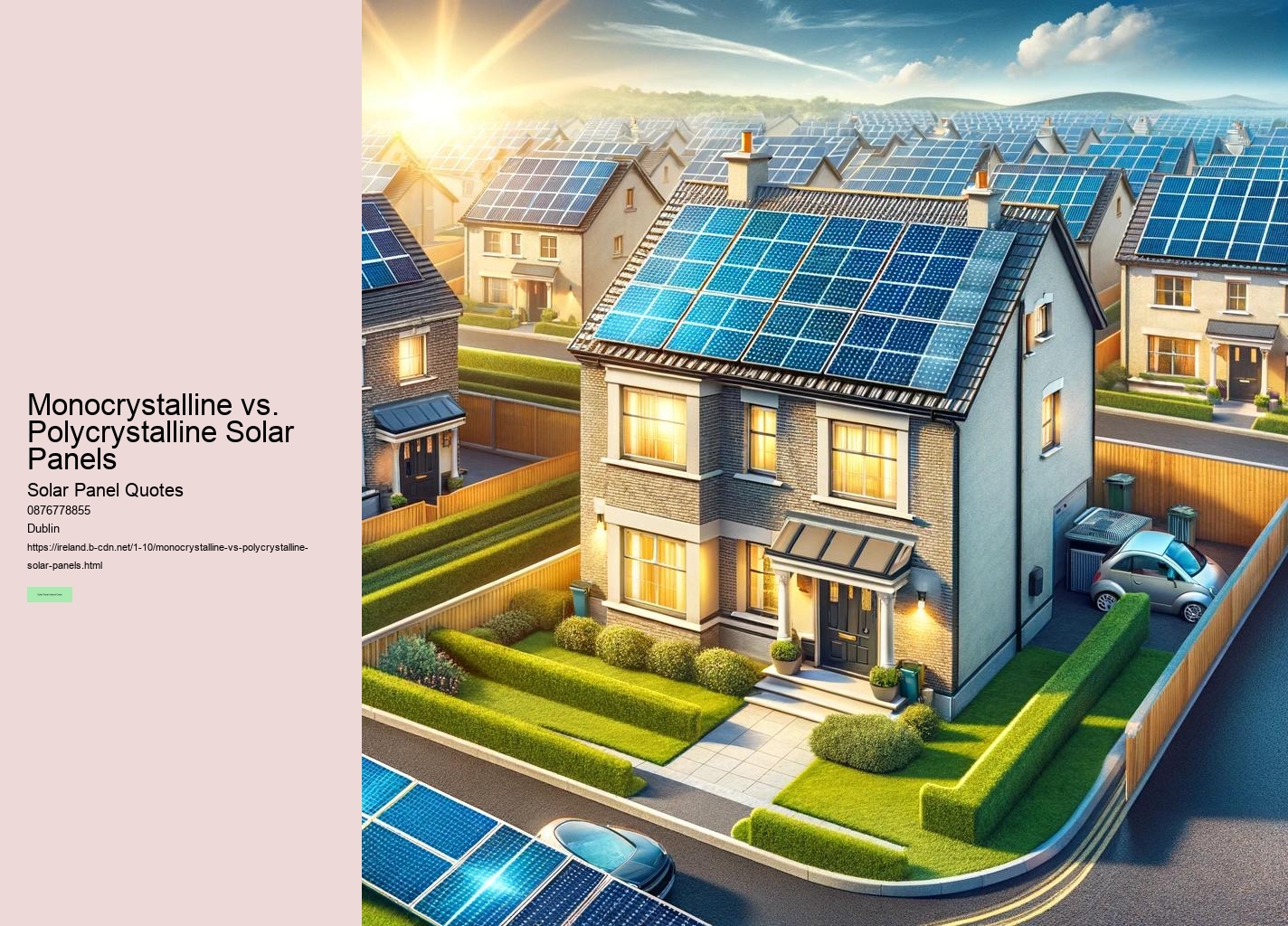
These systems are now more efficient, durable, and adaptable to various climatic conditions, including Ireland's. By harnessing sunlight, they convert solar radiation into thermal energy, making them an effective addition to a home's energy system. Rechargeable batteries allow homeowners to store excess electricity generated during the day for use during the evening or on cloudy days. For properties with limited roof space or shading challenges, thin-film solar cells or shading optimizers can enhance energy efficiency.
Beyond electricity generation, solar panel systems can support additional applications such as solar water heating. After the payback period, homeowners enjoy up to two decades of reduced or free electricity. Ireland's feed-in tariff system provides compensation for surplus energy, which is credited via smart meters.
Most panels come with warranties of 20 to 25 years, but their lifespan often extends beyond that. Energy storage solutions, such as rechargeable batteries, are a valuable addition to solar panel systems. Homeowners equipped with a smart meter can monitor their energy production and consumption, optimizing their use and maximizing savings.
The Sustainable Energy Authority of Ireland (SEAI) offers grants of up to €2,400 for solar photovoltaic (PV) installations. By reducing reliance on grid energy and leveraging government incentives, households can achieve substantial savings while supporting Ireland's renewable energy goals. Microgeneration, the production of electricity on a small scale, is a key advantage of solar panel systems.
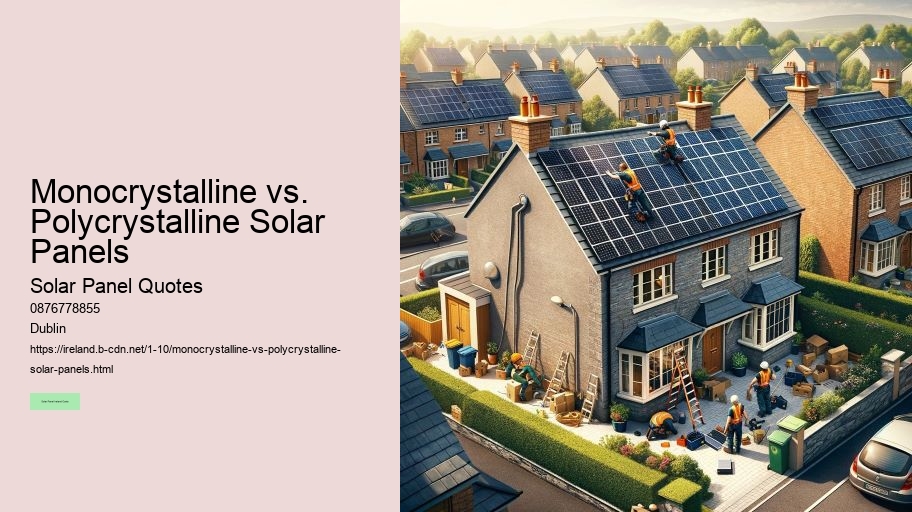
Yes, given the rising cost of electricity and the availability of government incentives, solar panels are a financially sound and sustainable investment in Ireland.
Monocrystalline panels are made from a single crystal structure and are more efficient, while polycrystalline panels are made from multiple crystal fragments and are more cost-effective.